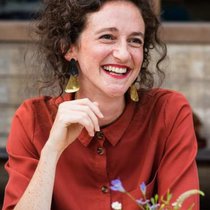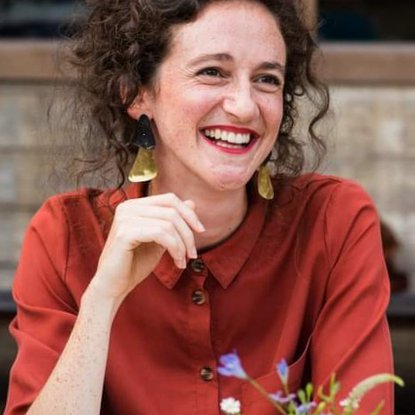Amidst the escalating climate breakdown we experience worldwide today there is a pressing need to transition into a more sustainable, circular economy. With the European Union’s Circular Economy Action Plan and the Dutch government's commitment to reduce the use of primary raw materials by 50% by 2030, it is clear that formal commitment to this transition is taking shape. CircuLaw aims to help achieve these goals and accelerate the circular transition by making opportunities within existing law and regulation more accessible to policymakers.
Currently, law and regulation are often seen as obstacles to change by citizens, market players, and policymakers. The legal system is perceived as complex and only understandable by specialized lawyers, resulting in many circular policy opportunities being overlooked. For example, it is easier for policymakers to create a subsidy program or form a knowledge consortium than to explore the legal options. CircuLaw aims to alter this perception by bringing the law to life and making it more accessible.
“Our economy can only become circular when the system settings are right. Laws and regulations play a crucial role in this, on all authority levels. With CircuLaw, we help policy makers and public project leads with setting the right rules, so that a level playing field for circular entrepreneurs emerges. We call it Law as a Service.”
Arjan Hassing
CircuLaw Project Lead
Guided by the overarching idea of ‘law as service’, CircuLaw will offer actionable and practical insights into how circularity can be promoted through the law. A central component of this project is the circulaw.nl tool, a free and open-source website that provides policymakers and civil servants with detailed guidance on how to implement specific legal instruments, as well as an overview of how these instruments relate to each other. These instruments, organized into practical categories such as "accelerating timber construction" and "stimulating circular wind turbines", have been selected by a team of legal experts from various universities as the most promising opportunities available within Dutch law. With this digital resource, CircuLaw aims to promote the harmonization of circular policy at the municipal, provincial, and national levels in the Netherlands, saving time and effort for public and private entities and citizens alike.
circulaw.nl
In addition to the circulaw.nl tool, the CircuLaw team is researching other methods of sharing eco-legal knowledge and promoting collaboration within and between relevant communities. With the support of many creative and funding partners, the aim is to make CircuLaw the primary source of reference for circular policymaking in the Netherlands in the near future. Given the global nature of the issues that CircuLaw addresses, international opportunities are also being explored to maximize impact and make law and regulation true agents of circular change.
AMS Institute Academy for Professional Education
The Professional Education team at AMS Institute partnered with CircuLaw to make circular construction policies in timber wood more accessible. This project empowers policymakers and professionals by translating complex legal frameworks of the Dutch Environment and Planning Act into practical tools for accelerating the circular transition.
The professional Education at AMS Institute played a key role in designing interactive e-learning modules, helping over 50 professionals understand how policies impact their field and the legal tools available to them in practice. These professionals are architects, engineers, policymakers, and advisors at municipal and provincial levels.
By making regulations accessible and more actionable, the Professional Education team contributed to a future where policy effectively supports innovation.
Do you also want to know how policies impact your field? Explore the e-learning modules via this link!
Do you want to attend our live session on the 8th of April 2025? Please register using this link.
Research output
Curious about Circulaw's research output? Click here.
“To be able to achieve our climate targets, many factors must change, such as how we use materials, ways of consumption, business models, our relation to nature, financial models, etc. Law is a society scaled device that can serve as a lever to accelerate the transition to a more sustainable future. With CircuLaw we focus on the creative (re-)use of existing law and regulation through a system view on a legal context of change.”
Romy Snijders
CircuLaw Project Lead
Project members

Arjan Hassing
Gemeente Amsterdam
Romy Snijders
Dark Matter Labs
Joke Dufourmont
AMS Institute
Lars Kwakman
Wageningen University & ResearchPartners
















